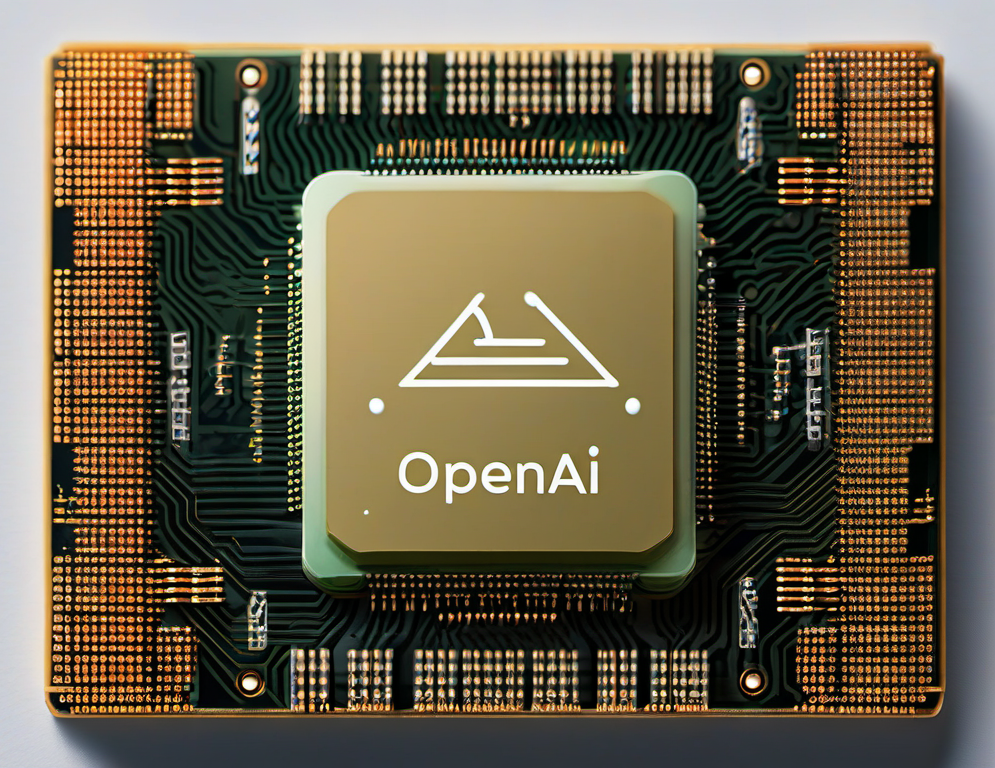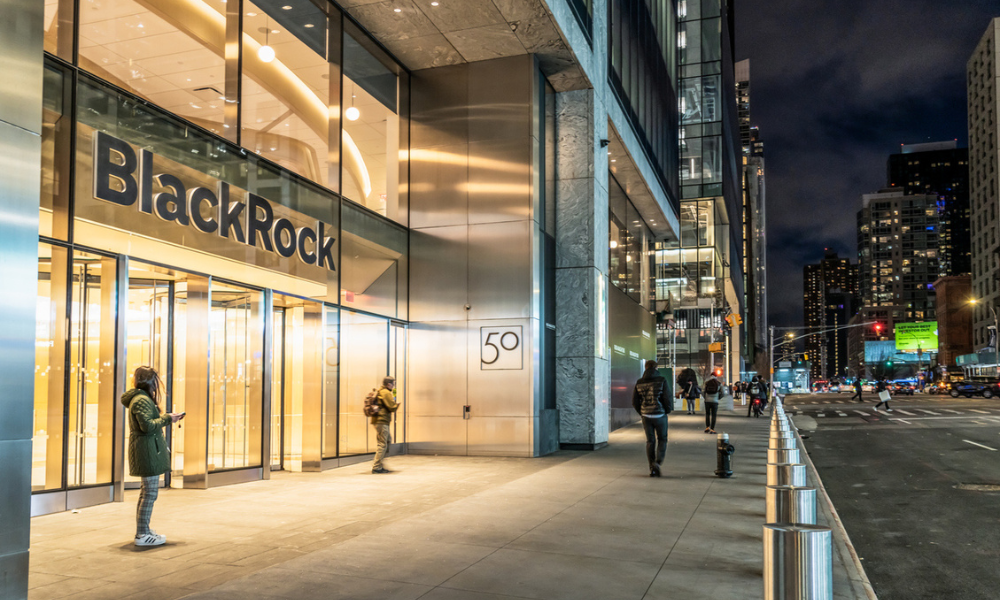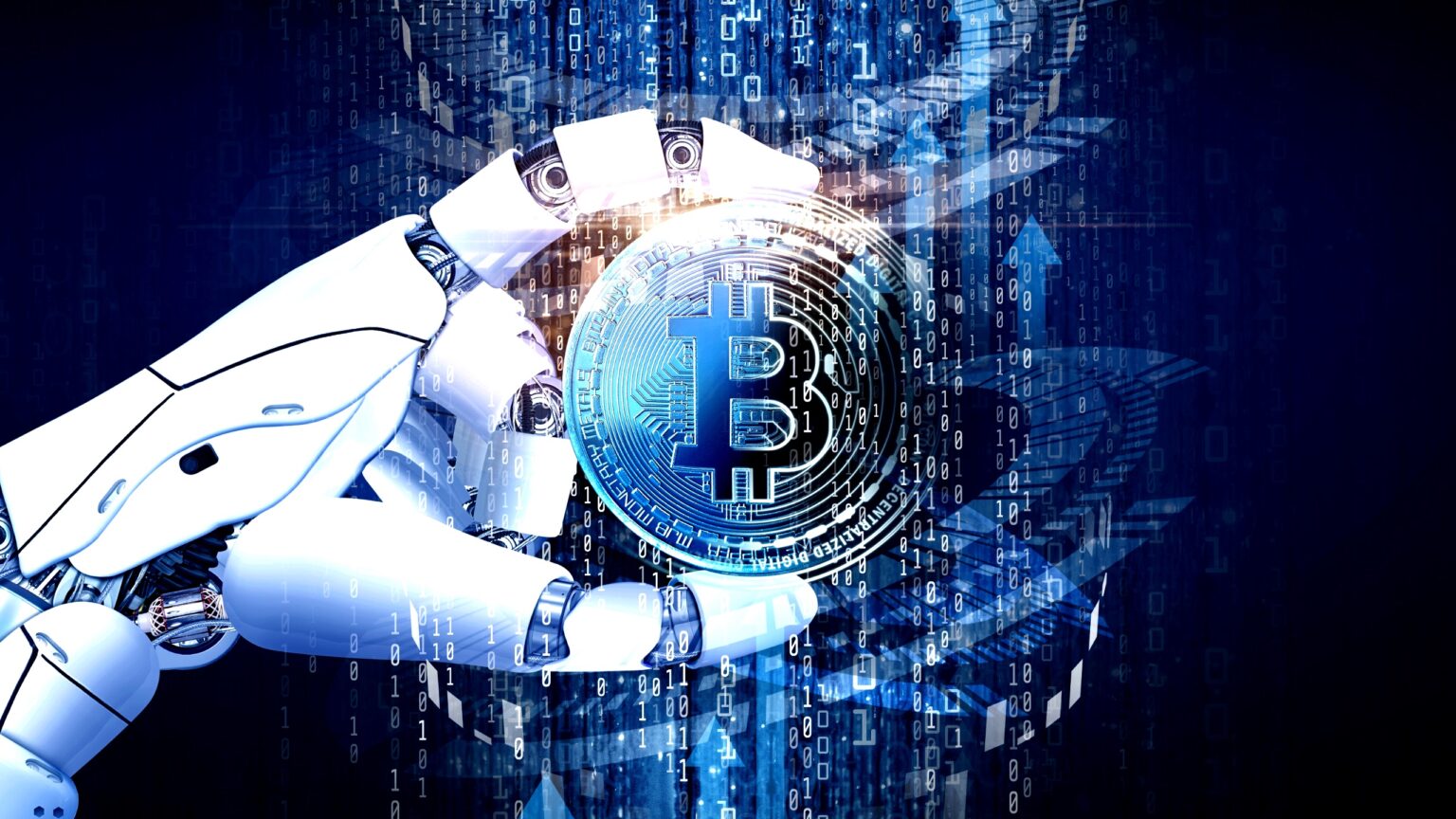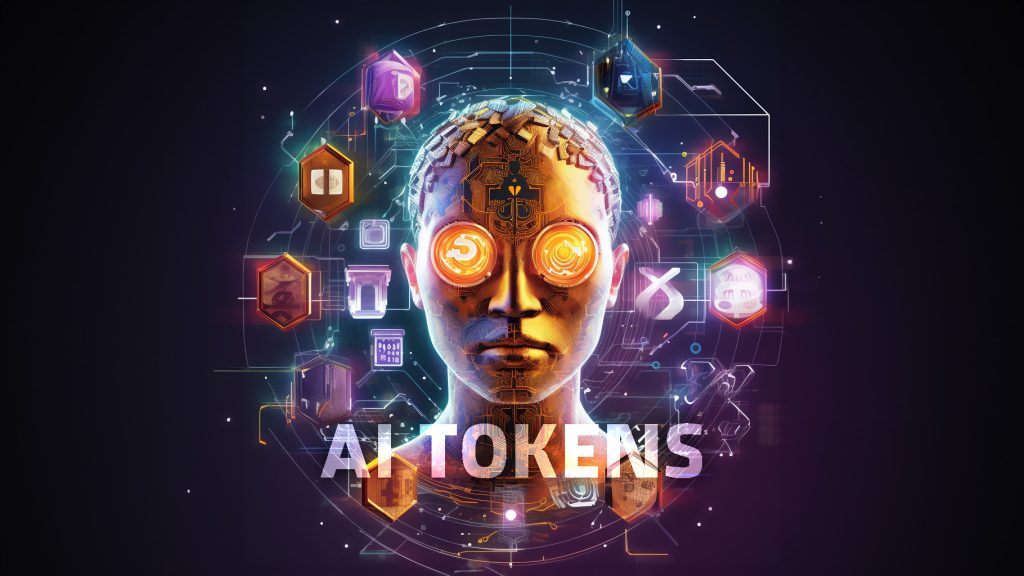New court documents show that OpenAI was thinking about buying Cerebras, a company that makes AI chips and is in the process of going public
In Elon Musk’s ongoing case against OpenAI, new documents show that OpenAI was considering buying Cerebras in or around 2017, a year after Cerebras was founded and only a few years after OpenAI started.
A co-founder of OpenAI and former top scientist, Ilya Sutskever, wrote an email to OpenAI CEO Sam Altman and Musk in which he suggested that Musk’s electric car company, Tesla, buy Cerebras. Musk had some financial ties to OpenAI at the time and had some say in how it went.
In September 2017, Sutskever wrote, “If we decide to buy Cerebras, I have a strong feeling that it will be done through Tesla.” “But why do it this way when we could do it in OpenAI instead?” The main worry is that Tesla owes it to its shareholders to increase shareholder returns, which goes against OpenAI’s goal. This means that the result might not be the best for OpenAI.
In a July 2017 email to Musk and OpenAI co-founder and president Greg Brockman, Sutskever lists several things that need to be done with Cerebras, including “Negotiate merger terms with Cerebras” and “More due diligence with Cerebras.”
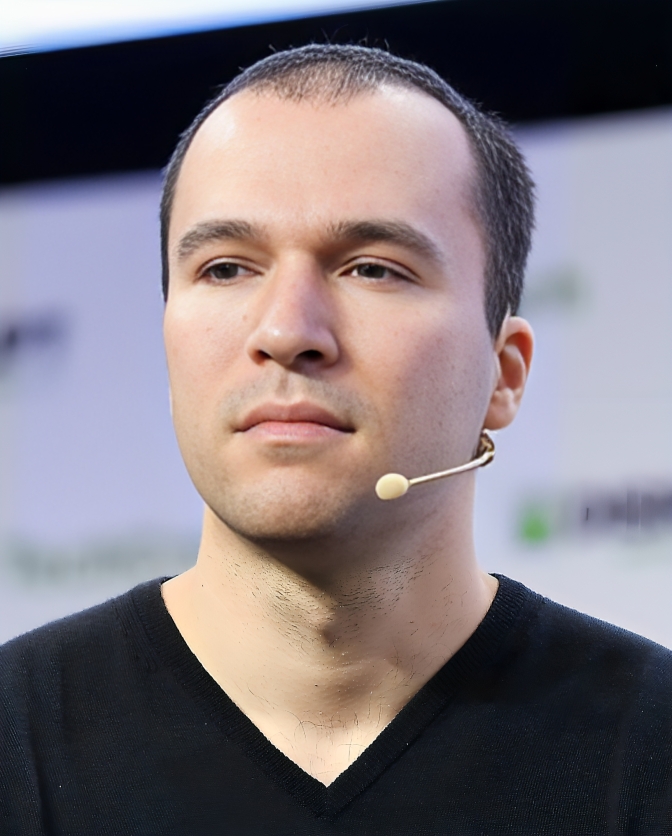
The merger deal didn’t work out in the end, but the documents do not explain why. And OpenAI would give up on its chip plans for a long time.
Based in Sunnyvale, California, Cerebras makes custom hardware to run and train AI models. The company says its chips are faster and more efficient for AI tasks than Nvidia’s top-of-the-line products.
Cerebras is allegedly trying to double its $4 billion valuation through the IPO. The company has already raised $715 million in venture capital. But it has to deal with big problems. In the first half of 2024, 87% of Cerebras’ income came from a single Abu Dhabi company called G42. U.S. lawmakers are worried about G42’s history of ties to China.
Andrew Feldman, CEO of Cerebras, also has a shady past. As a vice president at Riverstone Networks, he pleaded guilty to breaking financial rules.

Both businesses might have been better off if the deal had gone through. If Cerebras hadn’t gone through a rough IPO, OpenAI might have had a key resource in its race to make its chips.
OpenAI has been trying for a long time to depend less on Nvidia, which has a huge part of the market for chips that are optimized for AI. Google, Amazon Web Services, and others have had AI-specific chips for a long time, so OpenAI is a bit behind when it comes to its chips. However, it is under pressure to lower training costs, fine-tuning, and running models. One way to get the discounts it needs might be to have its chips.
At one point, OpenAI wanted to build a network of plants to make chips and was looking for a company to buy. But it’s said they have given up on those plans in favor of quickly building up a team of chip designers and engineers and working with Broadcom and TSMC to make an AI chip for running models. It might come as early as 2026.
